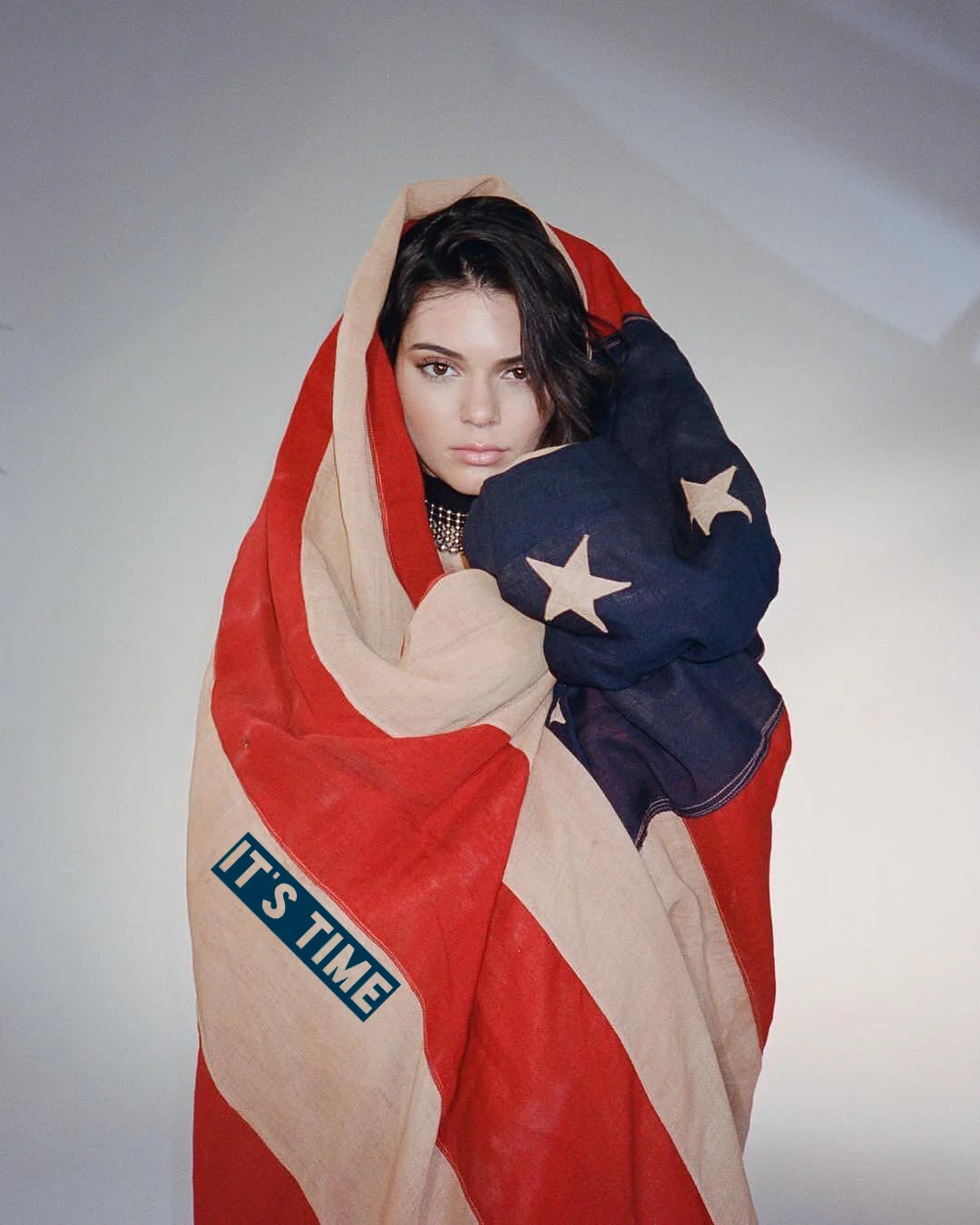Call It What You Want
-SJB
4 min read
Even in a city as fast-paced as New York, some things are bound to stay the same: black will always be slimming, you and the Subway will always have a love-hate relationship, and a JAJA Tequila margarita will always do the trick.
But some things, as predictable as they might seem, prove to be much more complicated than we think.
Society’s leading forever-changing trend? Dating labels.
Over time, “going steady” somehow turned into “hot and heavy,” which turned into “boyfriend/girlfriend” (yes, we’re all thankful that the “hot and heavy” days are over).
But recently, the label trend has gone somewhere not entirely expected: a lack of.
Tagging along with datings apps like Tinder and Bumble, relationships are ditching the over-complicated question of “what are we?” and replacing it with a much more suave “I don’t know what we are.” Couples are becoming upfront about not labeling their relationships, and it’s a societal plot twist for the dating millennial.
With New Yorkers stating that their only commitment is their rent, what’s the recent take on a relationship label? Is nonchalance the newest style?
Labels: friend, or foe?
In addition to not labeling relationships, millennials are also declining another dating label: who they date. With the days of “gay,” “straight,” “bisexual,” etc. seemingly in our past, many individuals are refusing to label their sexuality.
Leading the movement are celebrities Shay Mitchell, James Franco, and Harry Styles, who have all officially called quits on the nuisance of a label. When Harry Styles was famously asked the sexuality question in a 2016 interview, he simply responded that he sees no reason to label his sexuality.
“I don't feel like it’s something I’ve ever felt like I have to explain about myself,” he said, and continues to date whomever he pleases, regardless of gender. Case in point: if Harry Styles does it, that means it’s legit.
Kendrick Lamar, California-born rapper, songwriter, and record-producer, also appears to agree with this anti-label logic. On the heels of his famous To Pimp a Butterfly, Lamar dropped an album titled Untitled Unmastered. In a Billboard interview, Top Dawg Entertainment Co-President Terrence “Punch” Henderson spoke about the title of the album, or lack thereof.
To Lamar and Punch, Untitled Unmastered represents a sense of freedom, and therefore they decided not to title it. As artists, they view titles as labels, and don’t want to be bound by them. Instead, Lamar and Punch wanted to have the artistic freedom to create whatever they wanted.
“The whole thing to me just represents breaking the chains, whatever those chains might be, whatever chains society puts on you,” Punch says about Untitled Unmastered. “We’re trying to break those and be free.”
Turns out, the label rebellion also takes place in the fashion industry: Virgil Abloh, creator of fashion brand Off-White, puts his own twist on the concept. Off-White’s choice of rebellion? Thom Bettridge of 032C Magazine boldly calls the brand a “fortress of irony.”
Abloh’s creations are simple: he creates a hoodie, and writes “hoodie” on it. “Backpack” is written on Off-White’s backpacks, and “wallet” is written on their wallets.
Abloh’s cheeky twist on the label has caught on: Blac Chyna debuted Off-White knee-high boots that are declared “for walking,” Bella Hadid wore a yellow outfit labeled “pattern,” and Nike partnered with the company to produce a sneaker titled “Air.”
Abloh’s quotation-mark concept is the fashion destabilization of the label. As Bettridge explains, “Quotation marks are one of the many tools that Abloh uses to operate in a mode of ironic detachment…”
In other words, Abloh questions the true meaning of a label—if something is labeled “hoodie,” does that make it a hoodie?
Is society moving past the point of labeling things? Has the “you can’t label me” movement taken control?
Is it time we say good-bye to our relationship label and embrace the “we go out every night for drinks, but he doesn’t really answer my texts, and I guess we’re kind of dating, because, like, his parents love me, but he introduces me as ‘his friend,’ and we both still go out with our exes a lot, so I guess I don’t really know what we are, but it’s whatever (insert eye roll)” relationship?
One fashion brand, though, seems to highly disagree with the no-label philosophy: Fear of God. Started by Jerry Lorenzo, the brand uses its company label its advantage. With just the label “Fear of God,” customers know exactly what the fashion brand is offering.
“When you’re at peace with God, there’s a fear of God that’s a reverence. “But on the flip side, when you don’t know God, there’s a literal fear,” Lorenzo says in his 2017 interview with Mr. Porter. “I wanted my brand’s name to play on these two different meanings. I wanted to do something that also left you with a greater purpose or inspired you some other way besides clothes. At some point, you have to be about something.”
It seems that, as a society, we are having difficulty labeling our label relationship: “friend” or “foe?” “Necessary” or “nuisance?” “Useful” or “completely meaningless?”
Labels, in a way, are our identity. When we don’t label our relationships, sexuality, music, and clothing, we are sending a clear message: don’t tell me who I am. Labels are seen are a suffocating bind for those who refuse them--and, for some, that refusal works best.
On the other hand, you can look at labels in a different light: instead of viewing them as all-encompassing, they can just be a sneak peek as to what’s to come. Instead of using labels as full identities, they can simply be a clue to what you’re all about.
But hey, call it what you want.
SHARE THIS “ARTICLE” :











